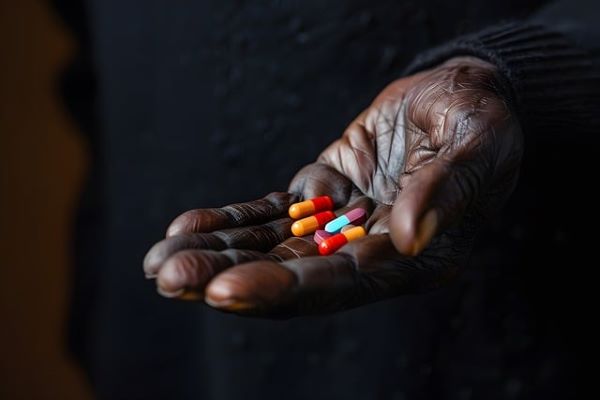Jeffrey C. Hall, Michael Rosbash, and Michael W. Young were awarded the 2017 Nobel Prize in Physiology or Medicine for their pioneering research on the molecular mechanisms that regulate circadian rhythms. Their discoveries revealed how biological clocks adapt to Earth’s daily cycles, profoundly influencing our understanding of health and disease.
The Discovery: Molecular Mechanisms of Circadian Rhythm
Circadian rhythms are internal biological clocks that regulate various physiological processes, such as sleep, hormone release, metabolism, and body temperature, based on the 24-hour day-night cycle.
The Core Mechanism
The trio identified and elucidated the genetic and molecular processes underlying circadian rhythms:
- Period Gene (per): Hall and Rosbash isolated the “period” gene in fruit flies, demonstrating its role in regulating circadian cycles. They discovered that the PER protein it encodes accumulates during the night and degrades during the day, maintaining a 24-hour rhythm.
- Negative Feedback Loop: Hall and Rosbash showed that the PER protein inhibits the activity of the “period” gene, forming a self-regulating loop.
- Additional Regulatory Genes: Young identified “timeless” (tim) and “doubletime” (dbt) genes, which play critical roles in stabilizing and synchronizing the molecular clock. TIM protein interacts with PER, while DBT delays PER accumulation, ensuring precise timing of the circadian cycle. (Source)
Roles and Contributions
Jeffrey C. Hall– Nobel Prize in Physiology or Medicine 2017
- Geneticist and neurobiologist whose research focused on the relationship between behavior and genetic expression.
- Co-discovered the “period” gene and its role in circadian rhythms. (Source)
Michael Rosbash– Nobel Prize in Physiology or Medicine 2017
- Molecular biologist who collaborated with Hall to uncover the feedback loop that regulates circadian rhythms.
- His work linked the gene to protein cycles, providing a molecular understanding of biological clocks. (Source)
Michael W. Young– Nobel Prize in Physiology or Medicine 2017
- Discovered additional key genes, “timeless” and “doubletime,” further detailing the molecular mechanisms of circadian regulation.
- His research clarified how the timing of the biological clock is maintained. (Source)
Significance and Potential Impact
- Understanding Biological Clocks
The discoveries provide a fundamental understanding of how organisms synchronize with environmental cycles. - Health Implications
- Disrupted circadian rhythms are linked to various health issues, including insomnia, depression, diabetes, cardiovascular diseases, and cancer.
- The research offers insights into the effects of shift work, jet lag, and other circadian disruptions.
- Therapeutic Applications
- Circadian biology is influencing the development of chronotherapy, where treatments are timed to align with the body’s biological clock for greater efficacy.
- Targeting circadian genes may provide new avenues for treating sleep disorders and metabolic diseases.
- Agriculture and Ecology
- Understanding circadian rhythms can improve crop productivity by optimizing planting schedules and understanding plant cycles. (Source)
Legacy and Future Research
The work of Hall, Rosbash, and Young has sparked extensive research into circadian biology, with scientists exploring the role of biological clocks in aging, mental health, and chronic diseases. Advances in this field are expected to revolutionize personalized medicine and healthcare strategies.
Conclusion
The 2017 Nobel Prize in Physiology or Medicine awarded to Jeffrey C. Hall, Michael Rosbash, and Michael W. Young highlights a landmark achievement in understanding the molecular mechanisms that control circadian rhythms. Their discoveries have profound implications for health, medicine, and biology, offering new insights into how living organisms adapt to the Earth’s cycles. Their legacy continues to inspire research in circadian biology, shaping the future of science and medicine.





